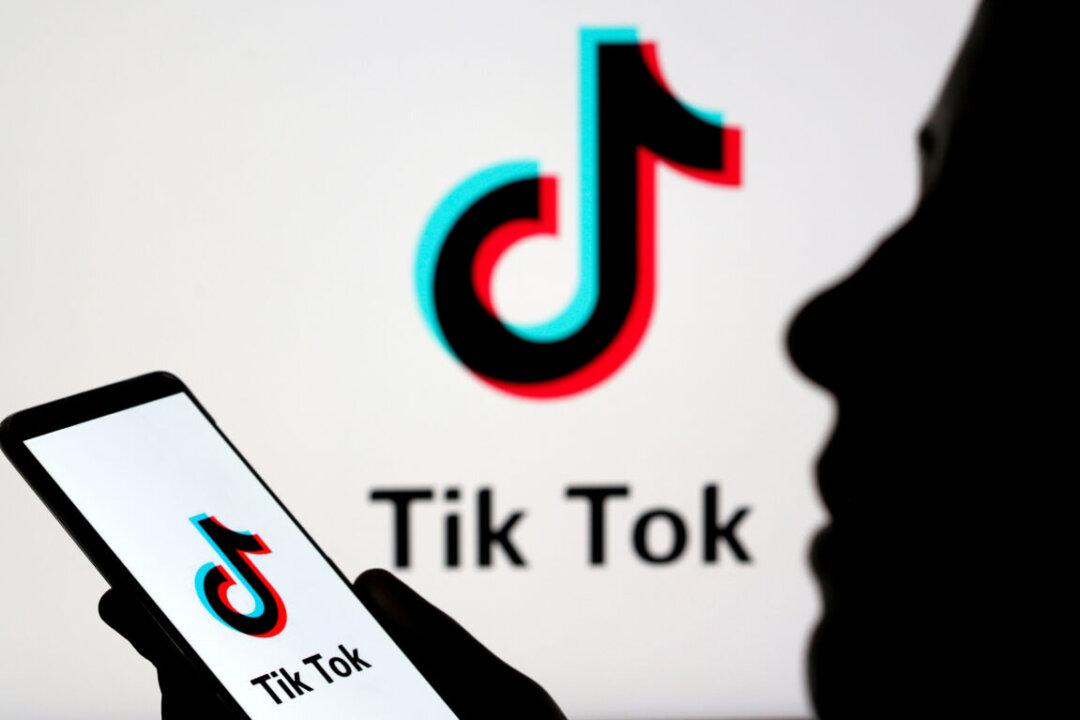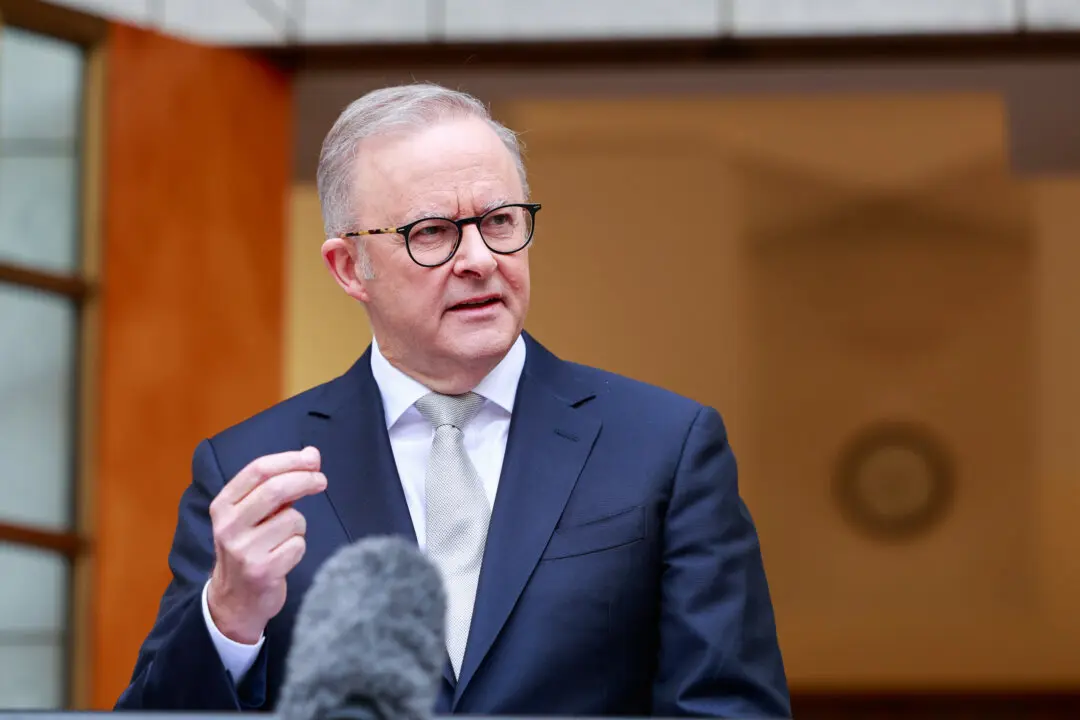TikTok has bolstered its Australian leadership team amidst a cloud of data and security concerns surrounding its Beijing-based parent company ByteDance. One member of Parliament has called the app an “attractive database” on young Australians for the Chinese Communist Party (CCP).
For months, TikTok has been scouting for Australian talent as it sets up a local office in Sydney. On June 16, the company formally announced that former Google executive Lee Hunter would be its new general manager in Australia.





